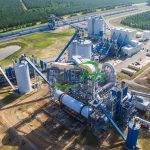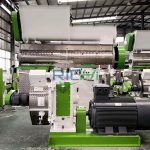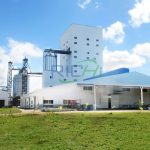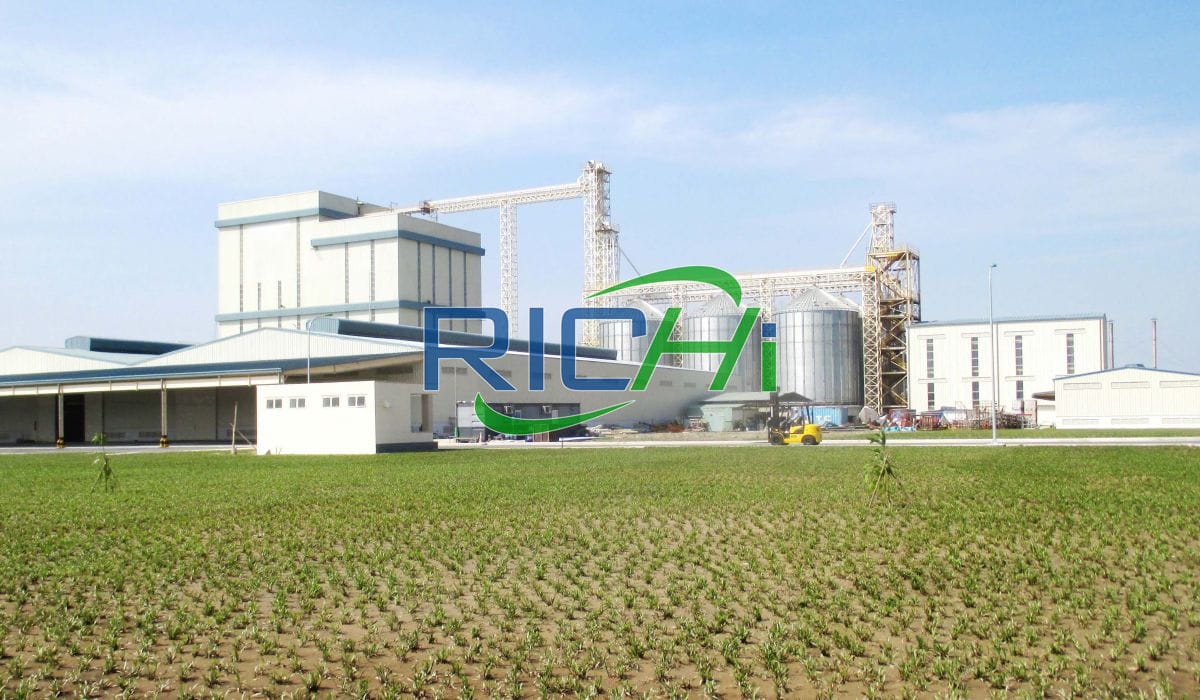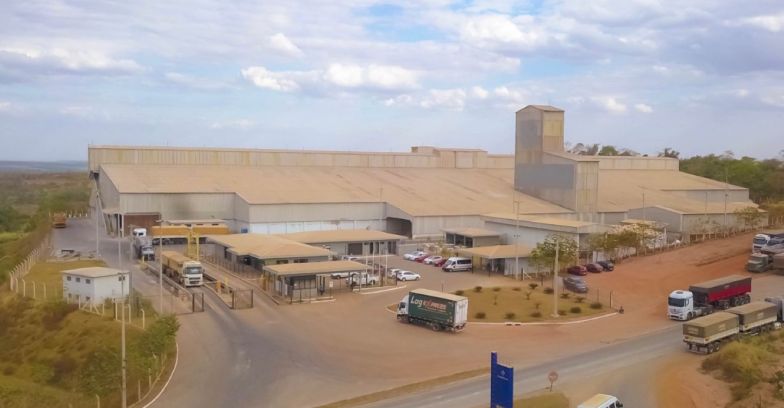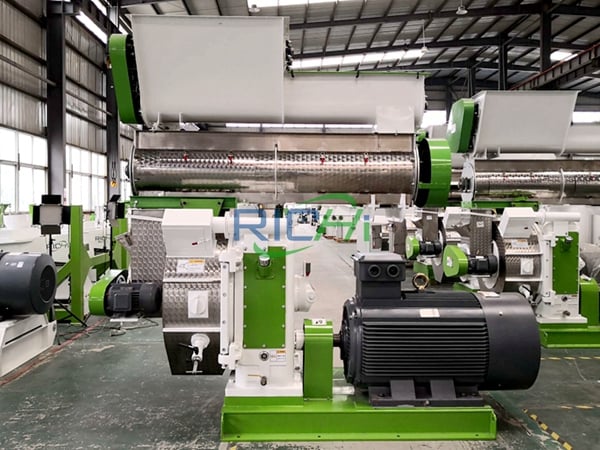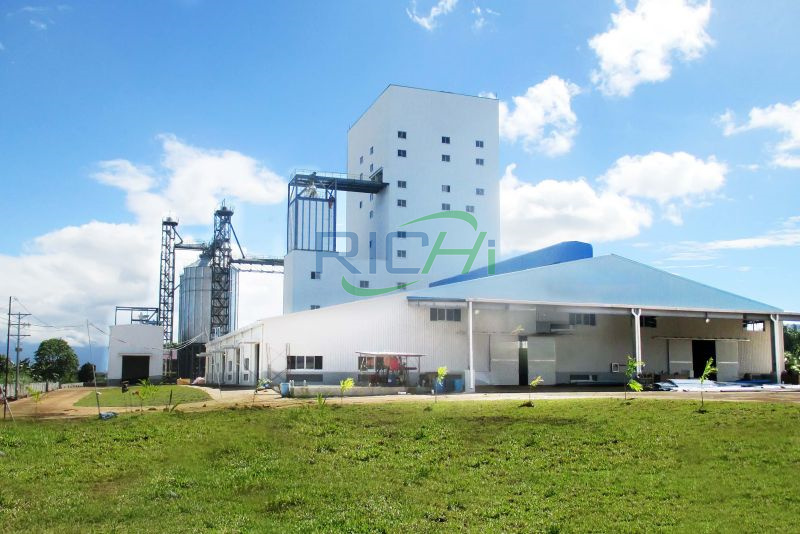Establishing an 8-10 tons per hour (T/H) feed mill in Egypt represents a significant investment in the country’s growing livestock and aquaculture sectors. As Egypt continues to focus on agricultural self-sufficiency and economic development, understanding the costs associated with such a project is crucial for investors and policymakers alike. This article explores the various factors that contribute to the overall cost of building a medium-scale feed mill construction in Egypt, with a production capacity of 8-10 T/H.
Factors Influencing the Cost
Several key factors affect the total cost of establishing an 8-10 T/H feed mill in Egypt:
- Location
- Land acquisition
- Construction costs
- Equipment and technology
- Raw material storage capacity
- Utility infrastructure
- Environmental compliance
- Labor costs
- Import duties and taxes
Land Acquisition and Site Preparation
The cost of land varies significantly depending on the location within Egypt. Industrial zones near major cities like Cairo or Alexandria will command higher prices compared to more rural areas. For an 8-10 T/H feed mill, an area of approximately 5,000 to 8,000 square meters might be required.Estimated cost range: $200,000 – $1,000,000Site preparation, including leveling, drainage, and basic infrastructure development, can add an additional 10-15% to the land cost.
Building Construction
Construction costs for the main production facility, warehouses, and administrative buildings will vary based on local construction rates and materials used. For a facility of this size, expect to build approximately 2,000 to 3,000 square meters of structures.Estimated cost range: $500,000 – $1,500,000
Related post:https://www.pellet-richi.com/feed-pellet-machine/cattle-feed-pellet-production-line.html
Equipment and Technology
The heart of the feed mill lies in its equipment. For an 8-10 T/H capacity, you’ll need:
- Receiving and storage equipment
- Grinding systems
- Mixing equipment
- Pelleting lines
- Cooling and drying systems
- Packaging equipment
- Control and automation systems
Estimated cost range: $2,000,000 – $3,500,000This range can vary significantly based on the level of automation and the origin of the equipment (imported vs. locally sourced).
Raw Material Storage
Adequate storage for raw materials is crucial. This typically includes:
- Grain silos
- Flat storage for bagged ingredients
- Liquid storage tanks
Estimated cost range: $300,000 – $600,000
Utility Infrastructure
Ensuring proper utilities is essential for smooth operations:
- Electrical systems and substations
- Water supply and treatment
- Boiler systems for steam generation
Estimated cost range: $200,000 – $400,000
Environmental Compliance
Meeting Egyptian environmental regulations may require investments in:
- Dust collection systems
- Wastewater treatment facilities
- Noise reduction measures
Estimated cost range: $100,000 – $300,000
Labor and Professional Services
Costs associated with labor for construction and professional services include:
- Construction labor
- Engineering and design services
- Project management
- Legal and consulting fees
Estimated cost range: $300,000 – $600,000
Import Duties and Taxes
Egypt imposes import duties on machinery and equipment, which can significantly impact the overall cost, especially if most equipment is imported. These costs can range from 5% to 30% of the equipment value, depending on the specific items and their origin.Estimated additional cost: 10-20% of equipment value
Total Estimated Cost
Based on these factors, the total estimated cost for building an 8-10 T/H feed mill in Egypt ranges from:$4,000,000 to $9,000,000This wide range reflects the variability in land costs, equipment choices, and construction standards. A more typical range for a standard 8-10 T/H feed mill with moderate automation might be between $5,500,000 and $7,500,000.
Additional Considerations
- Working Capital: Beyond the initial setup costs, you’ll need working capital for raw material purchases, initial operating expenses, and contingencies. This could add another $500,000 to $1,000,000 to the initial investment.
- Financing Costs: If borrowing funds, interest and financing fees will increase the overall project cost.
- Phased Implementation: Some investors choose to implement the project in phases, which can spread the cost over time but may increase the total investment due to inefficiencies and repeated mobilization costs.
- Technology Choices: Opting for more advanced automation and control systems will increase upfront costs but may lead to long-term savings in operational efficiency and product quality.
- Local vs. Imported Equipment: While imported equipment may offer higher quality or advanced features, locally sourced equipment can significantly reduce costs and simplify maintenance and support.
- Government Incentives: Egypt offers various incentives for agricultural investments, which could potentially offset some costs. These may include tax breaks, reduced land prices in certain areas, or subsidized utilities.
Conclusion
Building an 8-10 T/H feed mill in Egypt represents a significant investment, with costs ranging from $4 million to $9 million, depending on various factors. The actual cost will depend heavily on location choices, equipment selection, and construction standards.Investors should conduct thorough due diligence, possibly engaging local experts to refine cost estimates based on specific project parameters. Additionally, exploring government incentives for agricultural investments in Egypt could potentially offset some costs.
While the initial investment is substantial, Egypt’s growing livestock and aquaculture sectors, coupled with the government’
s focus on agricultural self-sufficiency, present promising opportunities for feed mill operations. A well-planned and efficiently operated 8-10 T/H feed mill can play a crucial role in supporting Egypt’s agricultural development and food security goals.As with any major investment, careful planning, thorough market research, and strategic decision-making are essential to ensure the long-term success and profitability of the feed mill project in Egypt’s dynamic and growing agricultural sector.


